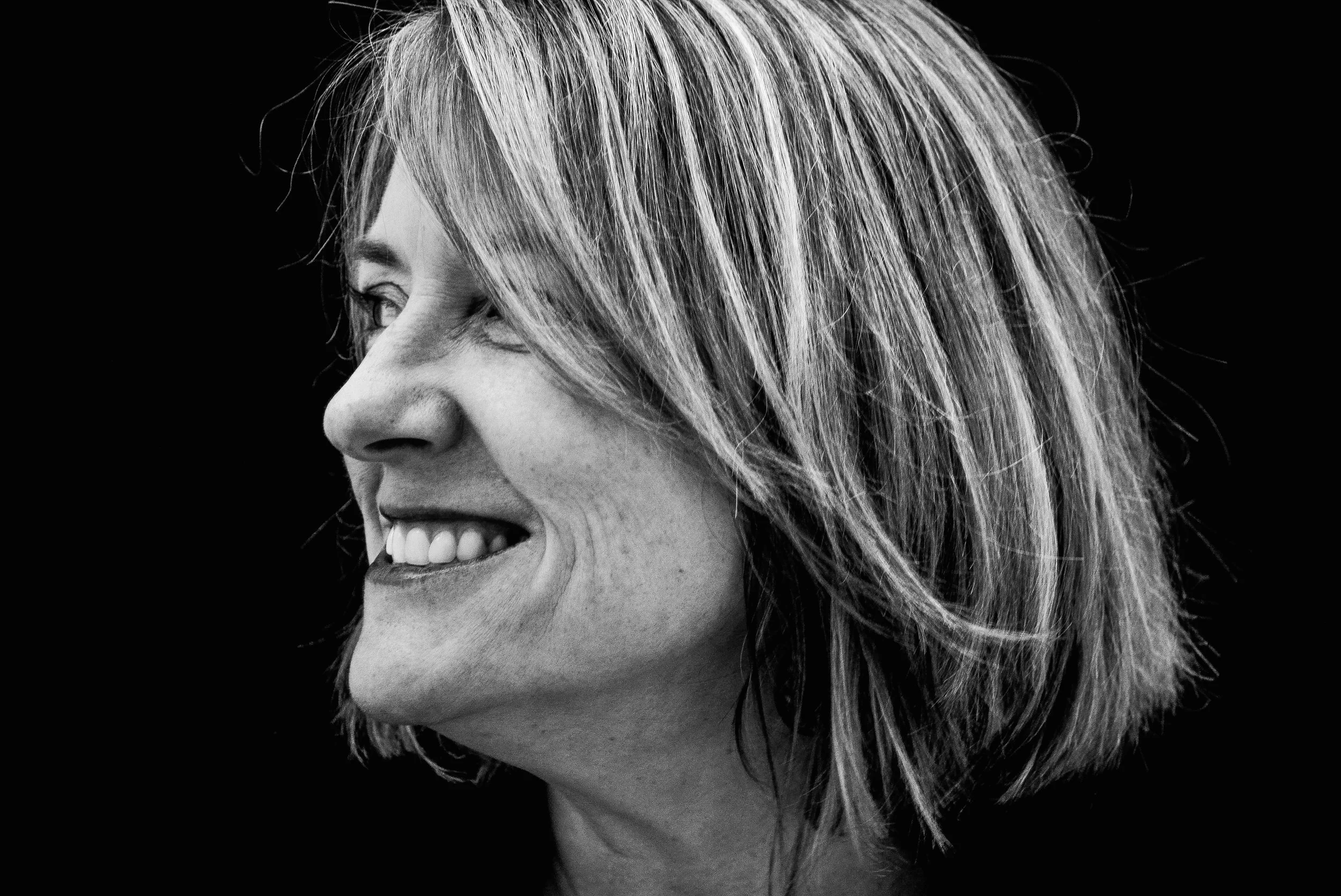Whatever our experience level, we have to surrender to writing what’s hard to write. Writing what keeps us up at night...A piece of writing should challenge something in its author. That’s where the juiciness comes in, the fire and the depth, where we can gain access to something universal.
Writer, actor, filmmaker, vocalist, Chris White is a woman of many talents. Now focusing on her second novel we caught up with her to talk about avoiding writing, standing out in the marketplace and the crash course of a debut novel release.
Please give us a brief overview of yourself and your work.
My debut novel The Life List of Adrian Mandrick was just published by Touchstone Books of Simon & Schuster, and I’m currently working on a second. I write plays and screenplays, as well as fiction, and I’m a professor of English at DePauw University in Indiana teaching creative writing. As luck would have it, I’ve been on sabbatical this past year—a godsend during this busy time.
How did you begin writing?
I started as an actor and singer, which led me to playwriting, which led to screenwriting and fiction. I’ve always been fascinated with human behavior, the complexities of character and motivation, and the intricacies of relationship. And I love the creative act. It’s frustrating and demanding and all consuming, but it’s also a great respite, an enlightening expedition into the psyche, and a satisfaction like no other. I see my teaching as an extension of these passions.
What inspires you to write?
Usually my writing comes from a story or stories I stumble upon, a character or event in my own life or the life or another that I’m drawn to, sometimes without initially knowing why. For my debut novel, the inspiration came from a story a stranger told me on a plane, about a top-level birder who takes his wife on a trip to find a bird, then forgets her at a gas station. I am inspired by the almost alchemical puzzle of writing—plot moment by plot moment, word by word. I want the language to be a journey of its own; I don’t want it to distract from the felt experience of story and character; and I want theme to be both invisible and essential, like oxygen. That’s the great puzzle for me, the one that keeps me coming back draft after draft.
Is there any particular incident that has happened along your writing journey that you’d like to share?
I worked on The Life List of Adrian Mandrick for many years. Just when I was at my lowest point with it, I happened to have dinner with veteran novelist Robert Boswell. I didn’t even mention my book to him, I was so low. Over dessert, he finally asked what I was working on and, when I told him, he offered to read it. Two days later, he sent me several pages of notes. One of his notes was that I had to fully acknowledge who my protagonist was and give him full reign. (At the time, my novel contained several POV’s.) And he pointed out that I was avoiding writing perhaps the most important scene in the book, the one I’d been leading up to all along. I rewrote the book. And he was right on all counts. Sometimes getting a smart read at a key moment can bring the lifeblood back to a project.
Do you have any advice for aspiring authors?
Whatever our experience level, we have to surrender to writing what’s hard to write. Writing what keeps us up at night—whether it’s a premise for a whole project, a scene within it, a character, or a line of dialogue. A piece of writing should challenge something in its author. That’s where the juiciness comes in, the fire and the depth, where we can gain access to something universal.
What do you think is the biggest marketing challenge for new authors?
Standing out in the marketplace amidst the constant deluge of new releases is difficult for a well-established author, let alone writers new to the reading public. My own biggest challenge was learning how integral self-marketing is (even when partnered with a well-known publisher). As someone who originally came to writing pre-social media, the landscape of Bookstagrammers, Twitter and Goodreads, for example, were all pretty new to me.
What methods of book marketing do you find the most effective?
As a debut novelist, it’s a crash course. I love the immediacy of the relationships an author can develop on-line (with Bookstagrammers and reviewers and publications), the feeling of a larger community, and the excitement that’s currently being generated about reading. I’m looking forward to taking what I’m learning now into my next venture.
How do you make time for your book marketing?
I’m right in the thick of that quandary right now, with my debut novel just released and a new project calling out daily for my full attention. It’s challenging, because each requires a completely different mindset. Some people recommend waiting until a book comes out before starting a new project. But that’s not how I did it! I think what works best for me is when I give over whole days to marketing concerns and devote other days exclusively to writing, instead of making a sort of piecemeal of my time and consciousness.
Any advice for approaching publishers?
A persistent and enthusiastic agent was paramount for getting me there. I’d say once the moment comes when you’re able to speak to an editor at an interested publishing house, be prepared. Prepare to discuss your project with enthusiasm, specificity, and a willingness to hear and reflect on what the editor has to say. Do your research. Educate yourself on your potential readership, and be ready with some potential marketing ideas. (This can be trickier when you’re writing literary fiction but maybe even more necessary).
How do you handle rejection as a writer?
There are so many ways we’re rejected as writers! By agents, by publishers, by writers’ retreats and critics and unsympathetic readers... I think the best way I’ve learned to handle it (and it’s a day to day meditation) is to remember that if I’m writing the very best book I can write, I have nothing to fear. I have to be willing to keep getting better, but I have to know that absolutely no book is for everyone and I’ve given it my all. I also try and remember what was at stake for me, personally, in writing a particular piece of work, and the fact that the brokenness or love or urgency or desire that made me write it in the first place is too real to be dissolved by a “Thanks for your submission, but…” from an editor or a offhand review on social media. We’re marketers and self-promoters, yes, but we’re also artists in a process that’s bigger than ourselves. For me, that awareness helps keep the ready-to-be-wounded ego at bay.
How do you deal with isolation?
I try to drink water, remember to eat, and give my eyes a break every hour or so! I don’t know, it’s a tough and lengthy process, what can you say? What has helped me, and this may be pretty specific to my circumstances, is that I work in other mediums and genres. In the midst of writing my debut novel, I wrote plays and screenplays, made a film, worked with collaborators and actors, and taught at the university. So I guess that’s helped me. Still, when you’re in it, you’re in it. I make my writing space as lovely and inviting as I can, like a sanctuary. I don’t write in cafes. I need that roaring silence of isolation to do my best work.
Is there anything else you’d like to share with aspiring writers?
Tell the stories only you can tell. It’s tempting in this somewhat homogenising Internet landscape to think you have to fit in. You don’t. Please don’t. Be honest with your passions, your obsessions, and your questions. And always remember, dogged persistence is far more powerful than luck.
You can find out more about Chris via her website and social media channels: Facebook, Instagram, Twitter. Reader can purchase The Life List of Adrian Mandrick at Simon & Schuster, their favorite bookstore or Amazon.













